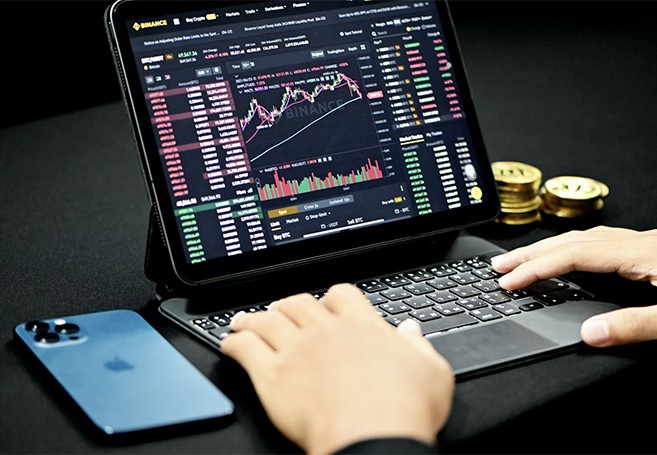Day trading, and the digital nomad lifestyle are an excellent fit for more reasons than one. After all, there are few other nomad-friendly professions that offer such freedom, and flexibility.
With growing internet penetration even in the most remote parts of the world, and an increasing number of countries offering visas particularly aimed at remote workers, there is absolutely no reason to stay tied-down in place.
No matter what your style of trading is, or what markets, assets, or commodities you trade, there are numerous ways to make this lifestyle work for you, without impacting your focus, performance. With a bit of planning and effort, you will be on your way to trading the markets from tropical beaches, mountain resorts, or even luxury cruise ships for most of the year.
Whether you’re already a digital nomad, planning to try your hands in trading and investing, or a day trader who is increasingly smitten by the hobo-lifestyle, this guide covers all bases to help you to navigate the complex rules and technicalities, with tried-and-tested solutions to help you trade unhindered as you travel the world, without any intention of setting foot in an office.
Internet Speeds & Connectivity
The driving force behind the digital nomad movement, internet connectivity and speeds are critical for a seamless trading experience. Normal speeds are good enough for most remote workers and traders, but if your style of trading includes scalping, you will require a low-latency connection.
For intraday and swing trading, a regular internet connection that most hotels, resorts, and Airbnbs provide should be more than enough. For scalping, however, you might want to look up local business centers, or coworking spaces that offer low-latency connectivity.
Geofencing & VPNs
While your broker should allow and facilitate online trading from anywhere in the world, there are parts of the world with severe restrictions placed on the internet. If you are visiting a country like China, you will have your work cut-out in bypassing the great firewall.
This doesn’t just affect your trading, and order placements, if you regularly source information from sites such as Twitter, Facebook, and Youtube, you are likely to find yourself at a disadvantage in a number of countries across the globe. This is where a VPN comes into play.
Authoritarian regimes continue to fight a losing battle against VPN services from undermining local restrictions. With servers located across the world, and secure, encrypted, and tunneled communications, VPNs are a handy tool for digital nomads, and not just for streaming Netflix shows.
Market Timings
The only major hurdle for traders located overseas, or trading while constantly traveling is the mismatch between local times, and market timings. Depending on the markets and assets you trade, you will have to make substantial changes in your schedules to accommodate work every time you move.
If you are located somewhere in the West Coast, market hours extend from early in the morning till 1 PM, making it perfect for most people. However, if you work with assets like Forex pairs, and trade the London market opening, you might stay up late at night.
It all boils down to planning, and with the right approach, you should have a seamless experience no matter where you travel to, and what time of day you plan to trade. There might be inconveniences in the beginning, but most nomads will get a hang of it over time.
Final Verdict
The age of the digital nomad is upon us, and with remote work increasingly becoming the norm, we are likely to see a lot more people adopt this lifestyle in the coming years.
The internet is filled with guides and resources aimed at digital nomads for all parts of the world, covering all essential aspects, to plan and create ideal experiences when mixing travel with work.
Photo via Unsplash
.
.


